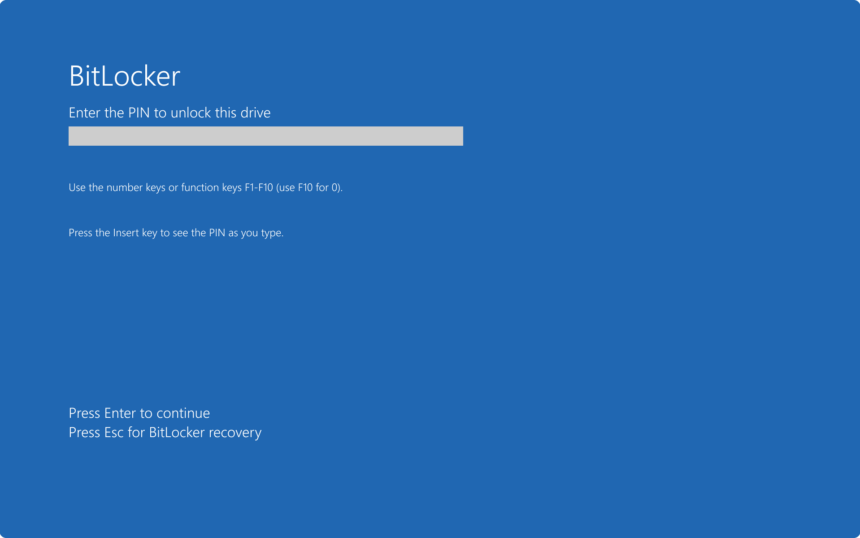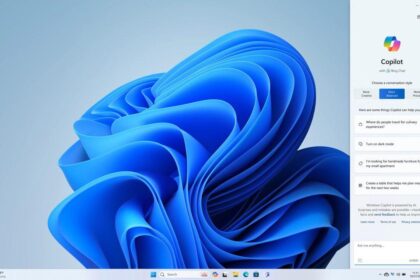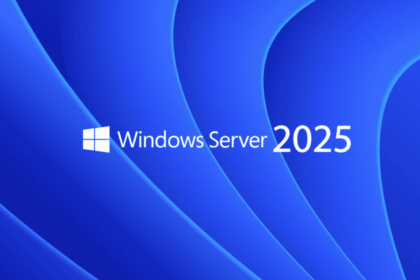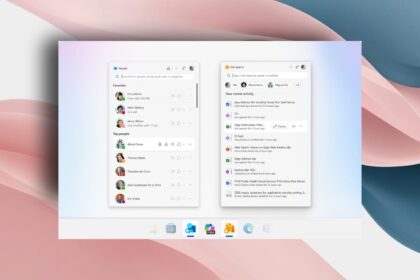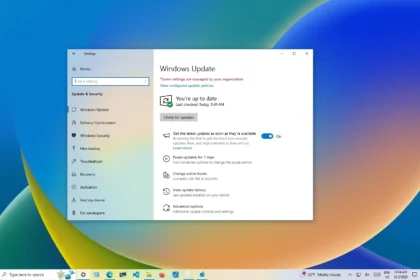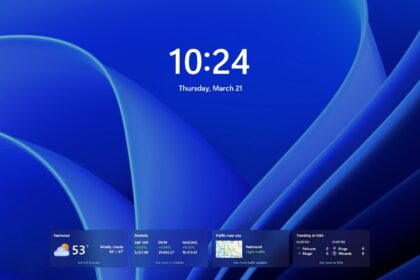Microsoft has announced major updates to BitLocker in Windows 11, scheduled to begin in 2026, introducing a new version called hardware-accelerated BitLocker. This enhanced implementation will debut on next-generation devices and is designed to encrypt data significantly faster by utilising dedicated hardware, rather than relying solely on the CPU.
According to Microsoft, the upgraded BitLocker “brings faster and more secure disk encryption to Windows by leveraging modern SoCs and CPUs.” Cryptographic processes are offloaded to specialised hardware, which reduces system strain and boosts performance.
Encryption keys will also be wrapped and isolated at the silicon level, offering stronger protection against CPU or memory vulnerabilities.
BitLocker has been part of Windows since the Vista era and remains a core security feature today. On Windows 11, it is enabled automatically on new installations. Users signed in with a Microsoft account have their recovery keys backed up to the cloud for easy access. BitLocker ensures that data on a drive cannot be read without the decryption key—even if the drive is removed from a stolen laptop and connected to another machine.
With the move to hardware-accelerated BitLocker, both encryption and decryption will be significantly faster, and key protection will be built directly into the device’s hardware.
This update is accompanied by a broader set of security improvements for Windows 11. Microsoft is also strengthening the operating system’s driver model by tightening driver-signing requirements and phasing out many proprietary kernel-level drivers in favour of standardised, in-box Windows drivers.
- How to Enable BitLocker Without TPM
- Windows 11 Pro vs Home: Which Version is Best for You
- How to Store BitLocker Recovery Keys in Active Directory

